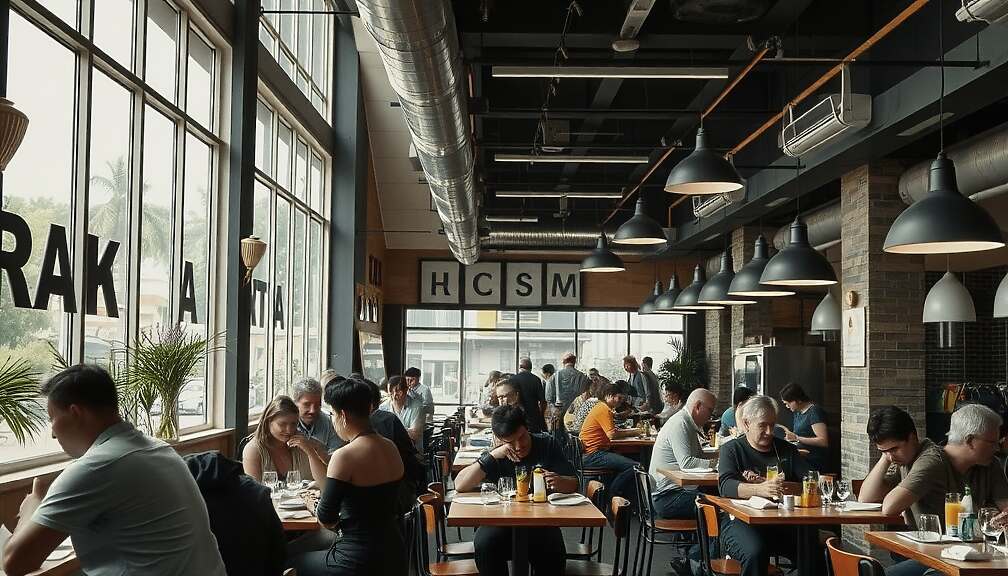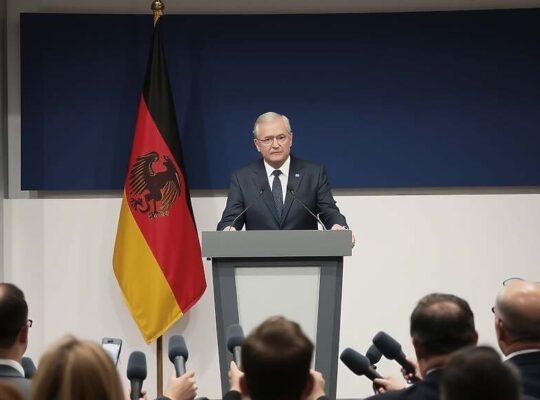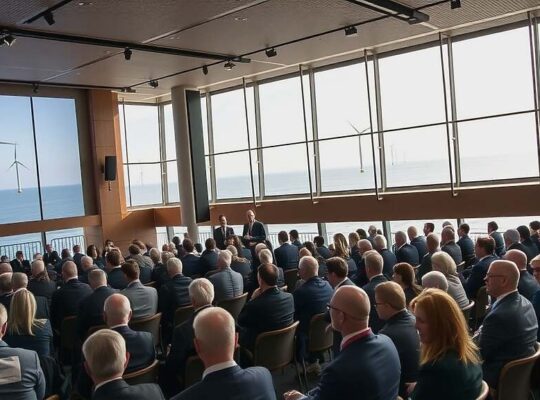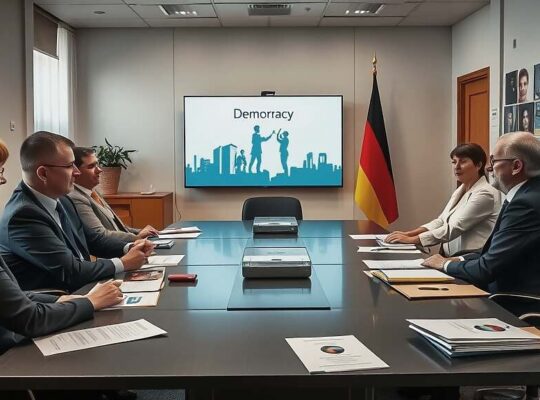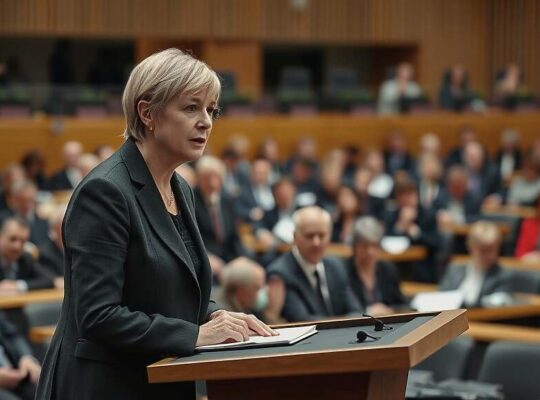The German hospitality sector is bracing for a political impasse that threatens a promised reduction in Value Added Tax (VAT), sparking concerns about the viability of numerous establishments and a potential erosion of vital social spaces. The German Hotel and Restaurant Association (Dehoga) has issued a stark warning to policymakers, emphasizing the reliance of its members on the planned shift from the current 19% VAT rate to a reduced 7% for food served in restaurants, cafes and similar venues.
Ingrid Hartges, CEO of Dehoga, voiced the industry’s apprehension, noting that retracting the promise would constitute a serious breach of trust. The proposed tax cut was presented as a crucial measure to alleviate the pressures facing the sector, especially following years of pandemic-related restrictions and steadily increasing operational costs.
However, the implementation of the tax reduction is now jeopardized by resistance from regional governments, who express anxieties regarding substantial projected losses in tax revenue. This hesitation is compounded by a firm stance from the federal government, specifically voiced by Finance Minister Lars Klingbeil (Social Democrats), who definitively ruled out federal compensation for the anticipated revenue shortfall. This leaves the regional governments to grapple with the financial burden almost entirely on their own.
Dehoga’s argument transcends a purely economic justification. Hartges underscored the significant social role played by restaurants, cafes and traditional pubs – characterizing them as “public living rooms” integral to community life. She warned that undermining these establishments risks damaging the fabric of German society, not just the economic prosperity of the hospitality industry.
The dispute highlights a growing tension between the government’s ambition to support specific sectors and the realities of fiscal constraints. The threat of reverting to the higher VAT rate exposes the fragility of political promises and raises questions about the government’s long-term commitment to fostering a vibrant and sustainable hospitality landscape. Furthermore, it reveals a concerning tendency to prioritize short-term budgetary concerns over the long-term value – both economic and social – provided by crucial sectors like the hospitality industry. The situation demands a renewed commitment to finding a viable solution before the promised relief is withdrawn, potentially triggering a crisis for countless businesses and diminishing essential community hubs.


